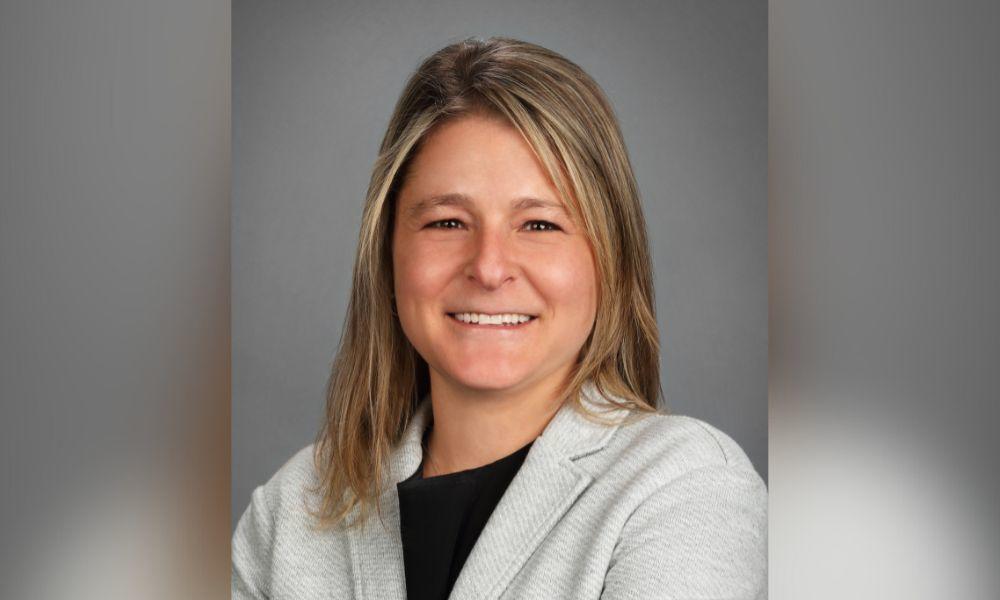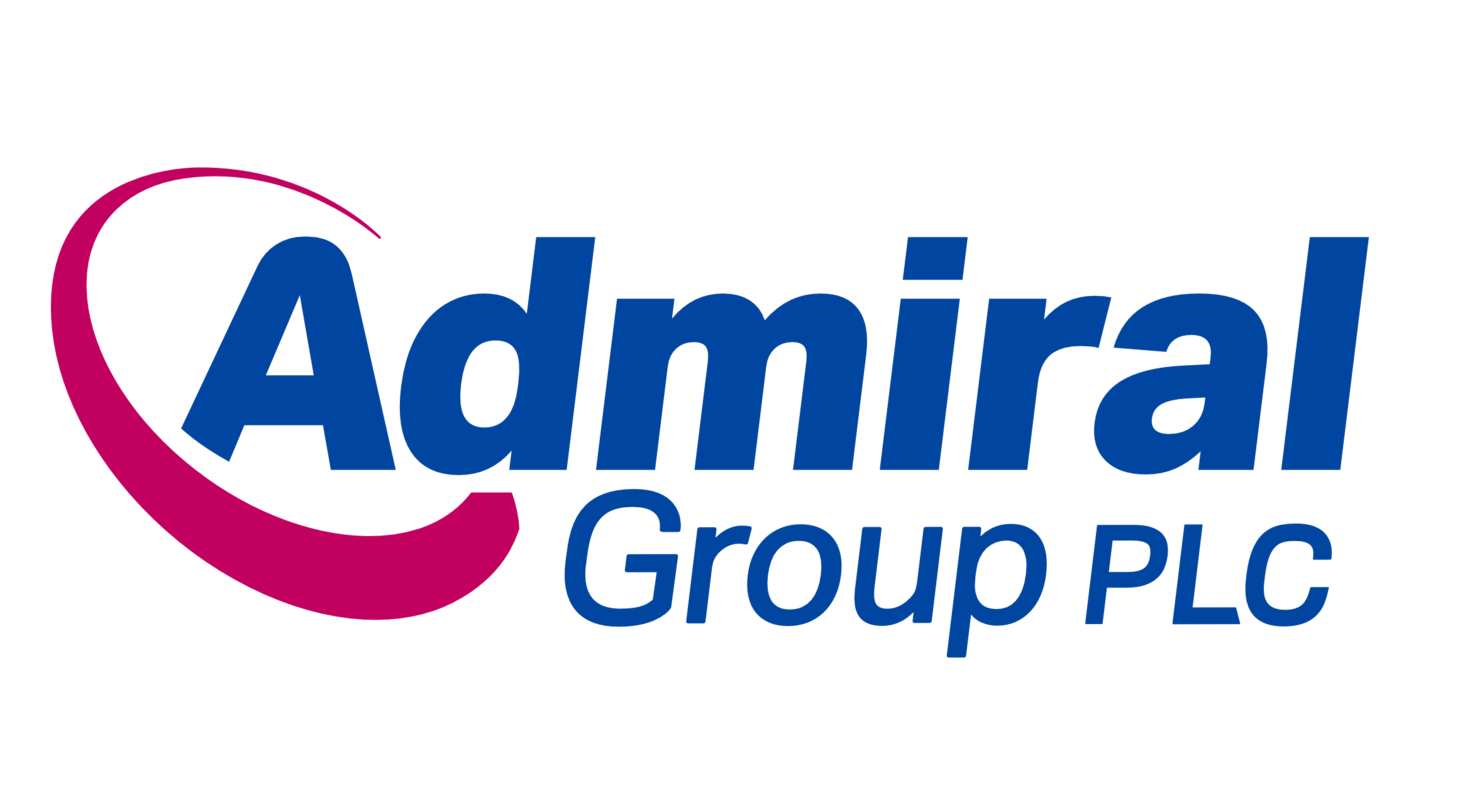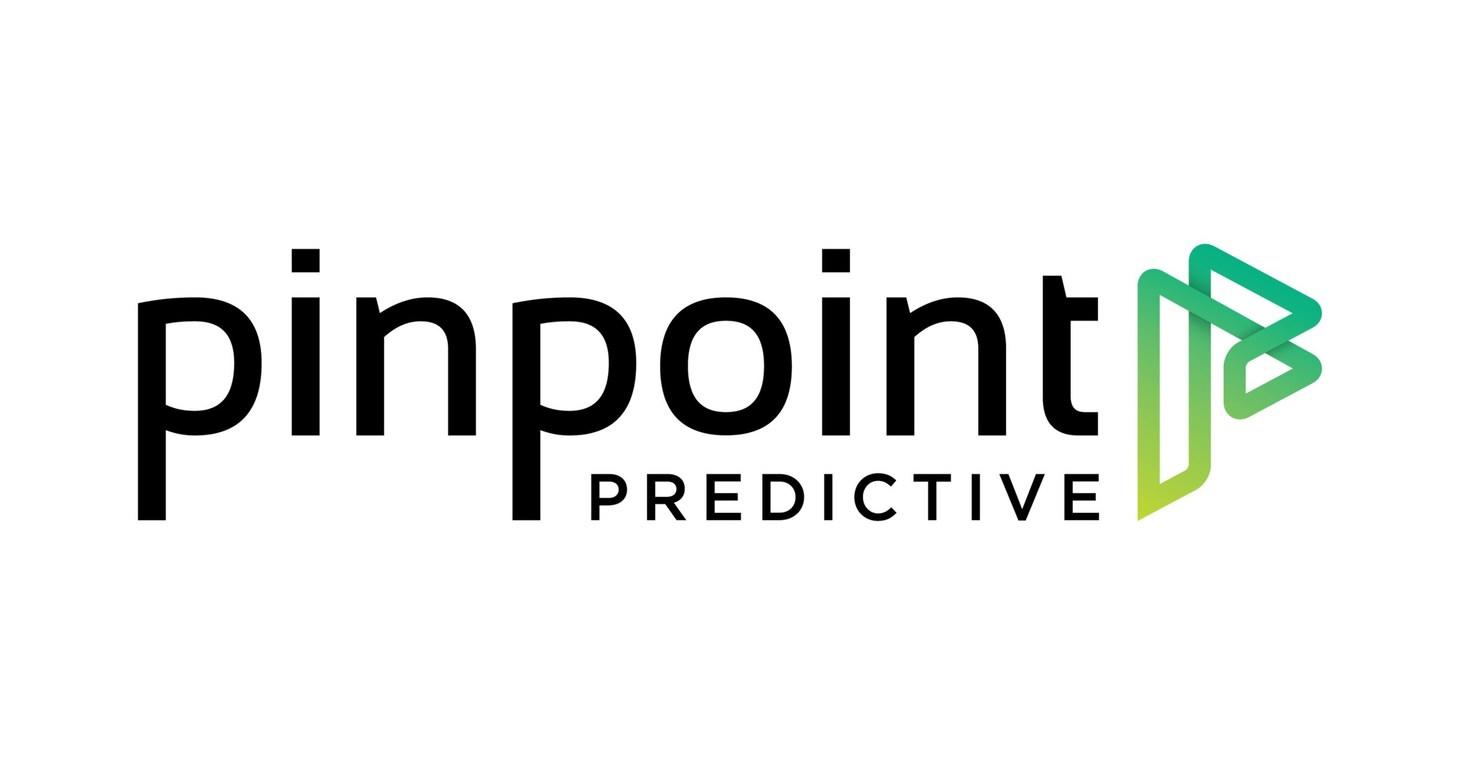AI in Insurance
Insurify CEO flags 'overreaction' to new AI app as brokers take a hit | S&P Global
Insurance brokers took a tumble on Wall St. following the release of an AI-driven price comparison app by an online insurance agent platform.
Insurify Inc. announced prior to market open on Monday that it had launched what it referred to as "the insurance industry's first ChatGPT app," which enables users to directly "browse, research and compare" car insurance within ChatGPT's new app library.
Shares in listed insurance brokers reacted quickly; the S&P 500 US Insurance Brokers Index fell 10.7% for the week. The S&P 500 and the S&P 500 US Insurance Index were down 1.5% and 1.3%, respectively, as of the market close on Feb. 12.
The market reaction to the app's release is possibly an "overreaction," Insurify co-CEO and co-founder Giorgos Zacharia told S&P Global Market Intelligence in an interview.
"It's not going to be just us that are thinking this way," Zacharia said. "We expect many other brokers will come out with their own version; we just happen to be the first ones."

How RT Specialty is applying AI to wholesale brokerage operations without losing relationships
For Marissa Moscowitz (pictured), chief operating officer at RT Specialty, transformation starts in the engine room of the business: brokerage and binding authority underwriting. Her remit spans some of the most operationally complex parts of the specialty market, where scale is driven less by flashy technology and more by eliminating friction in everyday workflows.
“At a high level, we’re continuously evaluating all aspects of the business to identify where the transformation-rich opportunities are,” Moscowitz said. “Right now, our focus is on operational improvements within brokerage and binding authority that either increase revenue or create meaningful efficiency.”
One of the clearest pressure points sits deep in the policy lifecycle. Following up on policies sounds straightforward in isolation, she said, but becomes far more complex when dealing with full towers of coverage.
“When you’re looking at a tower of 20 or 30 policies, each one has to be followed up in sequence,” Moscowitz said. “You can’t obtain excess layer until the full primary layer is issued and delivered, and that dependency makes the process extremely time-consuming.”
InsurTech/M&A/Finance💰/Collaboration

AI Investment Surges in Insurance, But ROI Questions Persist
Insurtech funding rebounds to $5.08B in 2025, but experts warn efficiency gains must drive profitability: Gallagher Re.
Two-thirds of the $5.08 billion in annual insurtech funding in 2025 flowed to AI-focused companies, marking the most significant year for artificial intelligence in the insurance sector yet, though industry leaders caution that hype must be separated from realistic revenue generation, according to Gallagher Re’s Q4 Global InsurTech Report.
The insurtech investment landscape experienced a dramatic turnaround in 2025. After years of decline, annual funding rebounded 19.5% from 2024, driven largely by a fourth-quarter surge that saw $1.68 billion deployed across nearly 230 AI-focused deals. The fourth quarter alone generated the highest quarterly total since 2022, with more than 100 insurtech companies raising capital, according to the report.
The funding surge was particularly striking in property and casualty insurance insurtechs, which experienced a 34.9% increase in funding to $3.49 billion in 2025. This rebound was fueled by a near-doubling in mega-round deals, climbing to 11 deals from six, with five companies securing funding of $100 million or more, including CyberCube’s $180M growth equity round and ICEYE’s $174.81M Series E.

Big deals, tech ‘arenas’ and PE: McKinsey maps the new M&A landscape for insurers
Global M&A roared back in 2025 and is set for another active year, with big-ticket deals, tech-driven targets and portfolio pruning reshaping the landscape in insurance and beyond.
McKinsey’s latest annual M&A report showed global deal value rising 43% to $4.7 trillion in 2025, up from $3.3 trillion in 2024 and roughly 20% above the ten‑year average. Deal volume was broadly flat, but transactions of $10 billion and above jumped to 60 – the highest since the 2021 post‑COVID peak – and accounted for 28% of total value. Activity reached 4.2% of global market value, up from 3.3% a year earlier, though still below the ten‑year average of 5.3%.
Dealmaking as a response to shocks
After several years of geopolitical, trade and macro shocks, McKinsey said more executives were turning to deals as a way to adapt quickly, securing capabilities, managing costs and reshaping portfolios when organic growth is uncertain.
Only about a third of executives surveyed in 2025 said they were confident in their ability to manage major external challenges such as trade policy shifts or global crises. That anxiety has helped push strategic buyers to use M&A more actively rather than relying solely on internal investment.CONTINUES

Admiral Group acquires Flock to drive innovation in commercial motor market
Admiral Group today announces that it has reached an agreement to acquire Flock, a digital commercial fleet insurance provider with an innovative telemetry-based proposition. The transaction values the equity in Flock at £80m and is subject to regulatory approval.
Admiral Pioneer, the Group’s venture building business, initially partnered with Flock to expand the Group’s focus on commercial motor customers in 2024. This acquisition aligns with the Group’s commitment to continuously evolve and futureproof its motor proposition and broaden its product offering, building on its existing strengths in data and technology, distribution, pricing and claims, customer service and risk management.
Flock has built a digital platform that uses proprietary AI-driven risk models trained on hundreds of millions of miles of real-world driving data to reward commercial motor customers demonstrating improved safety throughout the lifetime of a policy. The easy-to-access digital channel has made Flock a partner of choice for commercial fleet owners. It now provides insurance for hundreds of connected vehicle fleets which receive personalised, real-time safety guidance and recommendations based on live driving patterns.
Admiral’s UK Insurance business insures almost 6 million motorists and is known for its innovation and leadership in data. It is one of the market leaders in telematics products, offering discounted premiums for good driving practice, and launched one of the first solutions that enables vehicle owners to share driving data collected directly from their car.
Flock will become Admiral’s telemetry fleet insurance proposition, and its existing technology platform and the team will form an important part of Admiral’s fleet insurance offering.
2026 Outlook/Predictions

Competition among auto carriers will increase in 2026
After several unpredictable years of rate spikes and underwriting pressure, auto loss ratios are beginning to moderate and stabilize within certain customer segments. This shift marks the beginning of a more favorable auto insurance landscape for both consumers and carriers, as less volatility gives carriers more flexibility to compete.
CONTINUES/MAY REQUIRE SUBSCRIPTION
Travis Hodges Managing director of omnichannel sales and services, VIU by HUB
Feeling the heat: Converging risk landscape forces business to rethink insurance protection | beazley
Beazley’s 2026 Risk and Resilience data paints a clear picture: global business risk concerns are converging, with perceptions increasingly evenly split. No longer distinct, environmental, geopolitical, technological and boardroom exposures are increasingly merging, creating more complex, volatile and interconnected challenges for organisations.
And as risk boundaries dissipate, the research finds that businesses are turning more actively to insurance as a core pillar of resilience. Findings drawn from a survey of 3,500 business leaders across the UK, US, Canada, Singapore, Germany, France and Spain reveal that:
- 31% plan to invest in risk management and loss prevention initiatives
- 29% want to explore insurance that includes risk and crisis management
- 24% plan to invest in alterative risk transfer vehicles
- 23% are interested in exploring parametric insurance
- 94% of global businesses plan to strengthen resilience via insurance & risk management in 2026
Commentary/Opinion

How technology is changing personal injury auto claims
Auto claims are undergoing rapid transformation. Artificial intelligence and related technology are changing the landscape.The auto insurance claims landscape is undergoing rapid transformation. From artificial intelligence-powered triage systems to telematics data integration, technology is reshaping how carriers process personal injury claims. For insurance professionals, understanding these shifts is essential to remaining competitive and delivering efficient outcomes.
Personal injury auto claims have traditionally been resource-intensive, requiring manual review, extensive documentation and prolonged investigation timelines. Today, emerging technologies are compressing these processes while improving accuracy. Key innovations include artificial intelligence, connected vehicle systems, advanced imaging analysis, and integrated digital platforms. Together, these tools are creating a more streamlined claims environment—although not without new challenges.
AI-powered claims triage and assessment Artificial intelligence is transforming the initial stages of claims processing. Machine learning algorithms now analyze incoming claims data to categorize severity, flag potential fraud indicators and route cases to appropriate handlers. These systems process thousands of data points in seconds, enabling faster first-contact resolution for straightforward claims.
For personal injury claims specifically, AI tools assess medical documentation, compare treatment patterns against historical data and identify claims requiring specialized review. This allows adjusters to focus their expertise on complex cases rather than administrative sorting. Early adopters report reductions in processing time of 30%-40% for initial claim assessment.
A.J. Bruning is an attorney at Bruning Law Firm in St. Louis, Mo

Viewpoint: Why Unified Data, Not More Data, Will Decide Insurance’s Next Winners
The role of data across the insurance value chain has evolved noticeably. What was once used primarily for retrospective reporting is now becoming a source of real-time intelligence that shapes daily decision-making.
This shift is being driven by three forces: rapid advancements in enabling technologies such as AI and automation, rising regulatory expectations, and increasing customer demand for speed, transparency and personalization.
Together, these pressures are pushing brokers, distributors and insurers to rethink not just how they collect data, but how it moves through the organization and how reliably it supports action.
A key development is the growing recognition that operational data, and not just underwriting or claims data, is becoming a strategic differentiator. Historically, many insurers focused heavily on pricing or loss experience, while operational datasets remained fragmented across disconnected systems. MORE
Announcements

Pinpoint Predictive Secures Ohio and Georgia Approvals, Expanding Rating Model Approvals to Nine States
Pinpoint Predictive, Inc., the leading risk assessment platform for Property and Casualty insurers, announced today that its rating models have been approved for use in Ohio and Georgia, bringing its total number of approved states to nine. Ohio and Georgia insurers are now able to deploy Pinpoint's predictive models within filed rating plans, which provide greater precision in underwriting and pricing.
Carriers have been under increasing pressure to manage loss volatility without withdrawing from high-risk markets. Pinpoint's models provide a level of precision that allow insurers to improve loss ratios and pricing accuracy, creating more coverage options with better pricing for customers.
Insurers operating in Ohio and Georgia can integrate Pinpoint's predictive models directly into their existing program frameworks for filed homeowners and personal auto rating plans. This enhanced segmentation can help insurers improve loss ratios and pricing accuracy by aligning price with expected risk more effectively.
"Each state approval reinforces a broader shift we're seeing across the insurance industry," said Devyn McNicoll, Chief Actuary of Pinpoint Predictive. "Carriers are being asked to maintain profitability while continuing to serve policyholders in increasingly challenging markets. Regulators and insurers are aligned that better precision, rather than blunt underwriting actions, is the sustainable path forward."
By improving loss ratio stability and giving carriers greater confidence in the accuracy of their segmentation, Pinpoint's models help insurers maintain sustainable growth in territories and segments where writing business may otherwise be difficult or impossible.
"Across the industry, we're seeing increasing demand from carriers for practical solutions that improve risk segmentation while fitting seamlessly into existing workflows," said Scott Ham, CEO of Pinpoint Predictive. "Our approach helps insurers strengthen results while maintaining availability in markets that are increasingly difficult to serve."
Awards

bolttech wins Insurtech of the Year at the InsuranceAsia News Awards for Excellence 2025 - Insurtech Israel News
bolttech has been recognised as Insurtech of the Year at the IAN Awards for Excellence 2025. The award celebrates organisations reshaping the future of insurance and highlights our mission to close the global protection gap by making insurance simpler, affordable, and accessible.
This award reflects a transformative year that included:
- The successful close of our Series C fundraise
- Entering Kenya through a strategic partnership
- Expanding embedded protection partnerships across Asia
bolttech: “We’re honoured to receive this award and remain committed to building a more connected and inclusive future for protection worldwide”.
Podcast Sponsor

Audio Version - 'Connected: The Podcast' --- Sponsored by Pulse Podcasts
The ‘Connected’ Podcast by Alan Demers and Stephen Applebaum, is a condensed audio version of the day's ‘Connected' newsletter, a daily scan of all the happenings in the world of Insurance & InsurTech News.
Pulse Podcasts: Introduce a new way for your audience to hear your voice! We are a podcast creation service that helps businesses turn their written content, like blog posts and news articles, into beautiful podcasts. Our platform writes the script, records the voices, and mixes the audio to create engaging content for your audience. It's affordable and has super-fast turnaround!
LISTEN AND SUBSCRIBE BELOW
